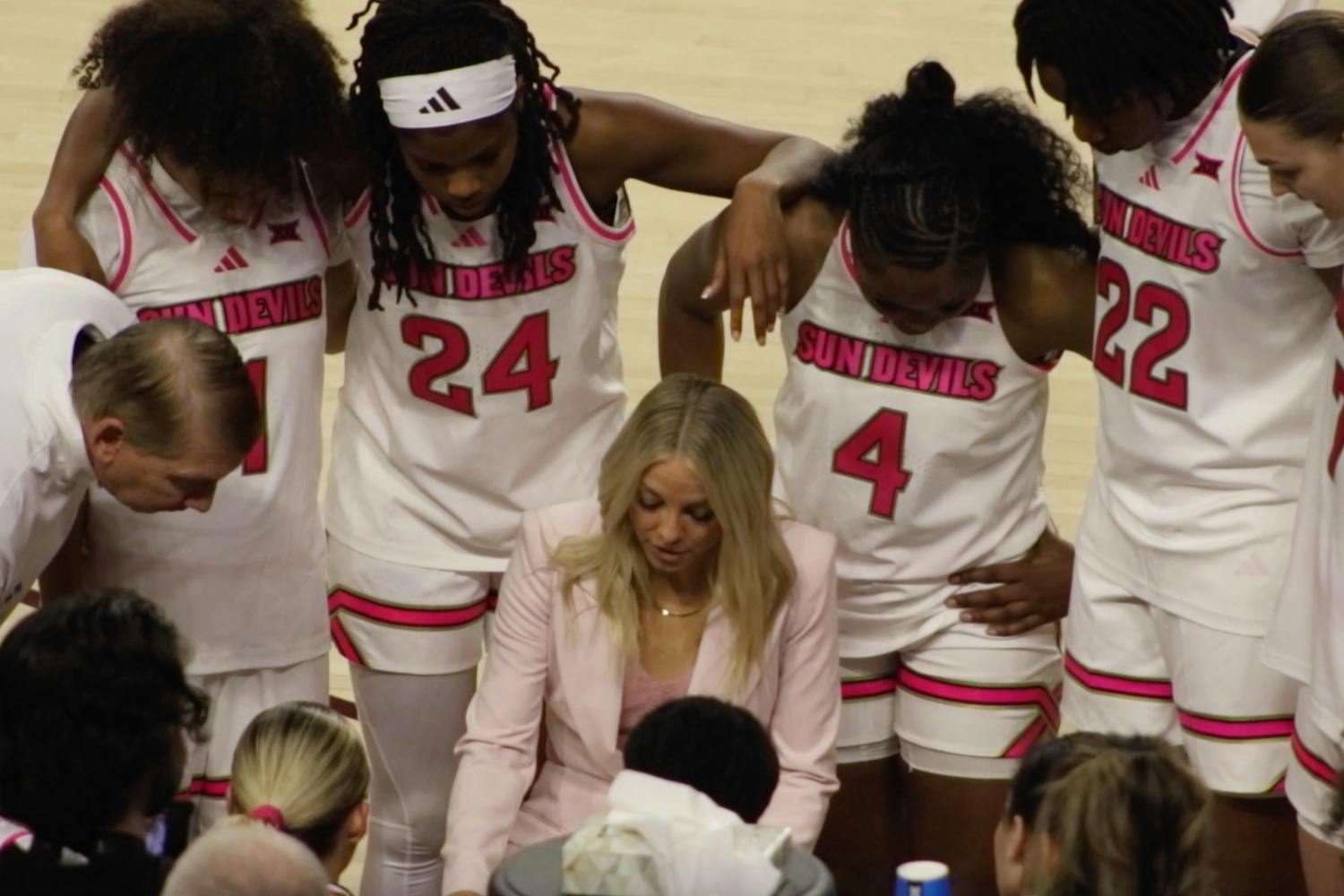Attending a university is an overwhelming experience. Students are left to build a life for themselves, so naturally many different variables come into play. Unfortunately for many, this drastic change could lead to a drastic change in demeanor.
Depression is generalized by a prolonged feeling of sadness or disinterest. Due to the vague nature of this definition, depression is widespread, especially in college. In fact, approximately 44 percent of college students have exhibited symptoms of chronic depression.
Depression has the potential to inhibit students from finishing school or fulfilling their goals, and it also poses a problem in the sense that it has become accepted as an expectation in college culture. Thus, students who suffer from depression often don’t seek help, assuming that depression is a natural thing to experience in school. About 75 percent of college students who need to be treated for depression don’t seek it.
These individuals who suffer from depression are in desperate need of support from their family and friends, but those people typically aren't qualified to treat them. Many individuals who know people suffering depression often try to offer help themselves, which is supportive, but it is not a substitute for legitimate treatment.
Rather, these individuals simply need to reach out to those who experience depression and offer support. Simply opening up a conversation about their behavior could be enough to get a person who is resistant to treatment to seek help.
“Most often peers helping peers is helpful,” Aaron D. Krasnow, Ph.D, associate vice president of ASU’s counseling services and health services, said. “Even if you don't know exactly what to say just saying ‘I'm here to help’ is helpful. It is not helpful to try and solve somebody else's problems or to give advice on topics that you aren't an expert in. Just offering support, a kind word, or the willingness to listen to them, is always helpful.”
Before offering support, one must first identify the symptoms of depression in a person. According to the Mayo Clinic, symptoms of depression could include angry outbursts, loss of appetite, changes in sleep patterns, suicidal tendencies and loss of interest.
If any of these signs become apparent in a loved one, it is appropriate to take action. Of course, one ought to approach the confrontation with caution, ensuring that the person of concern is comfortable. The most important thing is to bring the problem to light.
“The first thing to do is to tell them that you are concerned,” Krasnow said. “Saying ‘I'm worried about you, I've noticed that you seem down’ is a good way to start the conversation.
"Sometimes people are ready for help right then and then connecting them to support services is a great idea. Sometimes people are not ready for help then, and if that's the case, saying to them ‘I'm always here for you if you need me’ is a good thing to say.”
Treatment can range anywhere from psychotherapy to prescribed medication, but it is important recognize that treatment can take a significant amount of time, as depression is a long-term condition for many individuals. Simply discussing a person’s feelings in one conversation won’t do the trick, as many would assume.
Professional help is in place for a reason, especially at ASU. Due to misconceptions about depression, students don't always seek the help they need. ASU’s health services, for example, are useful resource to turn to in times of need.
ASU health services has an open door policy for all students seeking help.
“We do assessments of mood and anxiety to help identify people who may be experiencing symptoms, and our providers talk to people about how they're feeling," Krasnow said. "Anyone who is experiencing depression or depression symptoms is offered the opportunity to get treatment services. That can include services at ASU or connection to services in the community if appropriate.”
Reach the columnist at ghirneis@asu.edu or follow @ghirneise2 on Twitter.
Editor’s note: The opinions presented in this column are the author’s and do not imply any endorsement from The State Press or its editors.
Want to join the conversation? Send an email to opiniondesk.statepress@gmail.com. Keep letters under 300 words and be sure to include your university affiliation. Anonymity will not be granted.
Like The State Press on Facebook and follow @statepress on Twitter.




